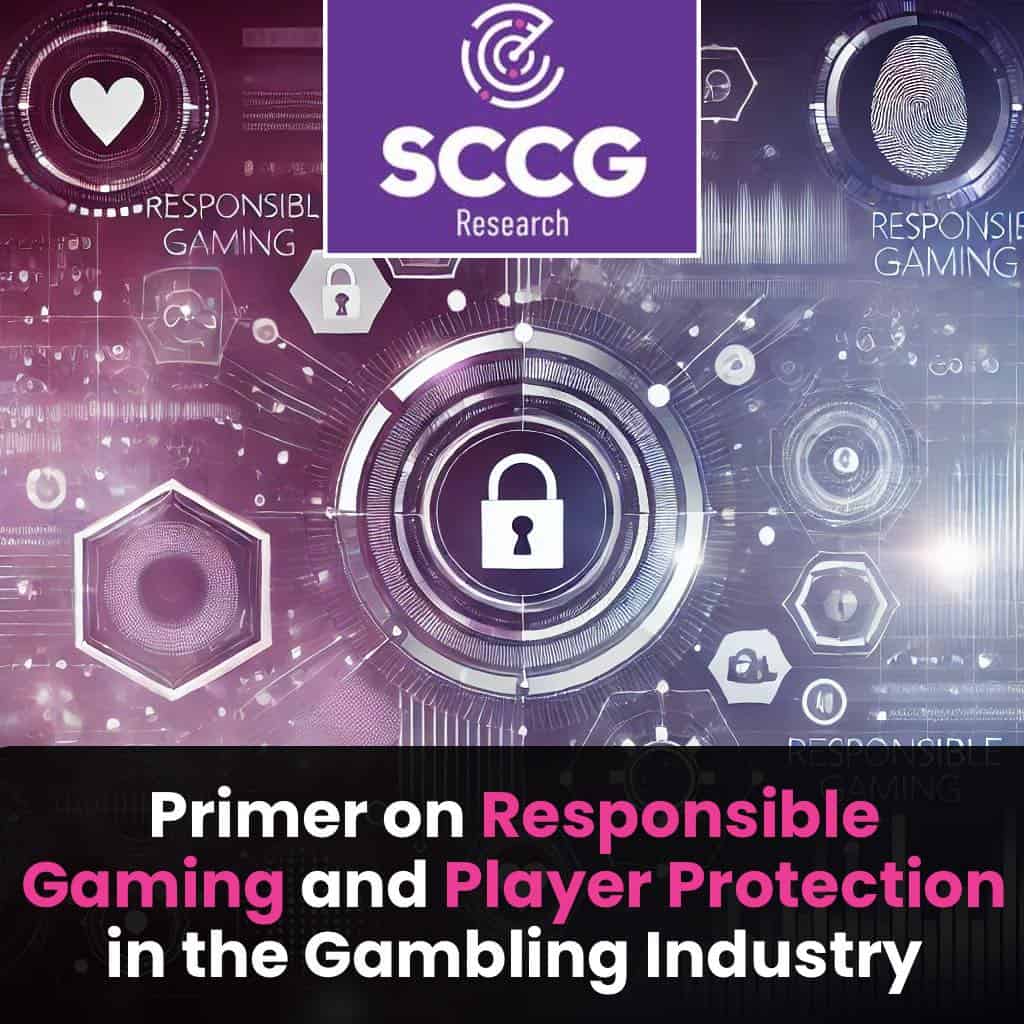Abstract:
This Responsible Gaming Research Primer explores global strategies, technologies, and regulations shaping responsible gaming, with a focus on the iGaming sector. It examines mature markets like the UK and Europe alongside emerging regions such as the US, LATAM, and Asia-Pacific, highlighting tools like AI analytics, VR education, biometric KYC, and blockchain transparency. The primer also covers gambling psychology, effective intervention strategies, Corporate Social Responsibility (CSR), and challenges like regulatory gaps and cultural barriers, offering a clear roadmap for building sustainable, player-focused gaming environments.
Preview 3 Pages
Executive Summary and Introduction to Responsible Gaming
Responsible gaming has become a cornerstone of the iGaming industry, reflecting a collective commitment to player safety, ethical operations, and regulatory compliance. In 2024, the industry has witnessed significant advancements in responsible gaming practices, driven by technological innovations, stringent regulations, and a deeper understanding of player behavior. This primer provides a comprehensive overview of responsible gaming within the iGaming sector, highlighting key developments, challenges, and future directions.
Key Insights & Takeaways
- Technological Advancements: The integration of artificial intelligence (AI) and machine learning has enabled real-time monitoring and early detection of problematic gambling behaviors, facilitating timely interventions.
- Regulatory Progress: Global regulatory bodies have intensified their focus on responsible gaming, leading to an 80% reduction in iGaming fines in 2024, indicating improved compliance across the industry.
- Industry Leadership: Major operators have implemented comprehensive responsible gaming programs, such as MGM Resorts’ certification of over 1,000 employees in the GameSense program in 2024, underscoring a commitment to player protection.
- Global Perspectives: While mature markets like the UK continue to set high standards for responsible gaming, emerging markets are rapidly developing frameworks to address unique cultural and regulatory challenges.
The Role of Responsible Gaming in iGaming’s Future
As the iGaming industry expands, responsible gaming practices are essential for sustainable growth. Operators are increasingly adopting measures to ensure player well-being, which in turn enhances brand reputation and fosters long-term customer relationships. The convergence of technology and responsible gaming initiatives is poised to create a safer and more engaging gaming environment.
Primer Objectives and Scope
This primer aims to:
- Define Responsible Gaming: Clarify the principles and objectives that constitute responsible gaming within the iGaming sector.
- Examine Technological Innovations: Explore cutting-edge tools and technologies that promote responsible gaming.
- Highlight Key Industry Players: Showcase operators and stakeholders leading responsible gaming initiatives.
- Analyze Regulatory Frameworks: Assess how compliance and regulations shape responsible gaming across different regions.
- Provide Global Perspectives: Compare responsible gaming practices in mature and emerging markets.
Defining Responsible Gaming: Core Principles & Objectives
Responsible gaming encompasses policies and practices designed to prevent gambling-related harm, ensuring that gaming remains a form of entertainment. Core principles include:
- Player Protection: Safeguarding players from gambling-related harm through self-exclusion tools, deposit limits, and access to support services.
- Fair Play: Ensuring games are fair, transparent, and operate with integrity.
- Prevention of Underage Gambling: Implementing strict age verification processes to prevent minors from participating in gambling activities.
- Combating Fraud and Criminal Activities: Utilizing advanced technologies to detect and prevent fraudulent behavior and money laundering.
The Evolution of Responsible Gaming in iGaming
The concept of responsible gaming has evolved significantly, transitioning from a peripheral concern to a central operational pillar. Early efforts focused on basic player protection measures, but advancements in technology and a deeper understanding of gambling behaviors have led to sophisticated responsible gaming strategies. The industry’s commitment is evident in the substantial investments in responsible gaming programs and technologies.
Ethical Responsibility vs. Regulatory Mandates
While regulatory mandates establish the minimum requirements for responsible gaming, ethical responsibility drives operators to exceed these standards. The distinction lies in proactive versus reactive approaches:
- Regulatory Mandates: Compliance with laws and regulations to avoid penalties and maintain licenses.
- Ethical Responsibility: Voluntary adoption of best practices that prioritize player well-being beyond legal obligations.
Balancing these aspects is crucial for operators aiming to build trust and ensure the sustainability of the iGaming industry.










